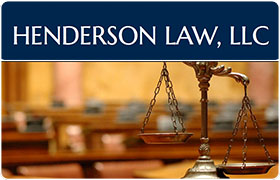 Osyka Juvenile Law Lawyers, Mississippi
Osyka Juvenile Law Lawyers, Mississippi
Sponsored Law Firm
-
 x
x

Click For More Info:
-
Henderson Law, LLC
115 North Cleveland Avenue Brookhaven, MS 39601» view mapDUI, Criminal Defense, Traffic Offenses, Burglary Mississippi Criminal Defense Lawyer
Henderson Law, LLC is committed to helping people overcome the serious effects of being arrested and accused of a crime.
800-939-0830 -
- Contact
- Practice Areas
- Visit:
- Website
- Profile
Not enough matches for Osyka Juvenile Law lawyer.
Below are all Osyka Criminal lawyers.
Sponsored Lawyers
1-1 of 1 matches
Accident & Injury, Criminal
John McNeil proudly serves Magnolia, Mississippi and the neighboring communities in the areas of accident & injury, criminal defense, divorce & family, estate, and workers' compensation law.
(more)



 Edward Henderson Brookhaven,MS
Edward Henderson Brookhaven,MS About UsEdward Henderson
About UsEdward Henderson Contact UsCall or Email Now!
Contact UsCall or Email Now!

